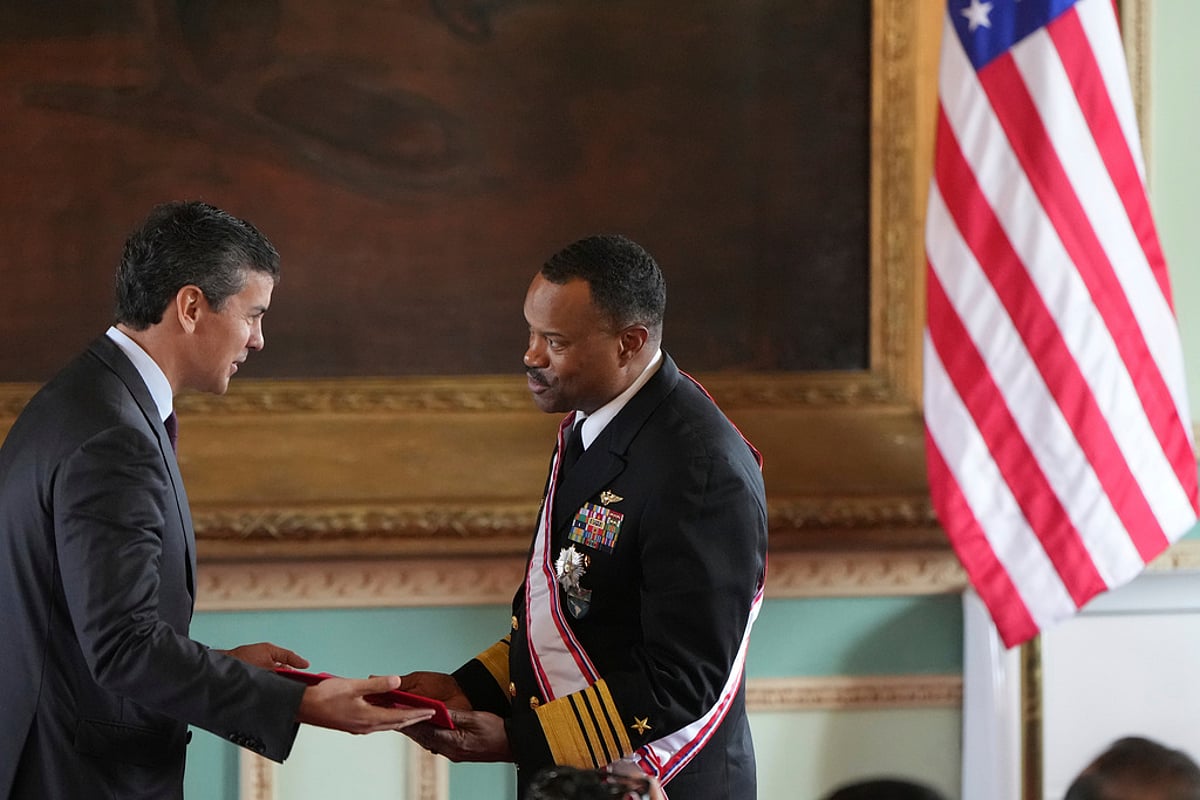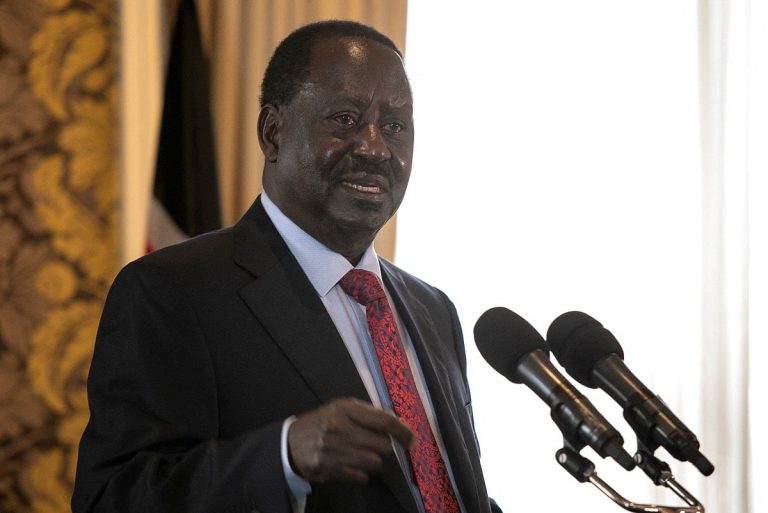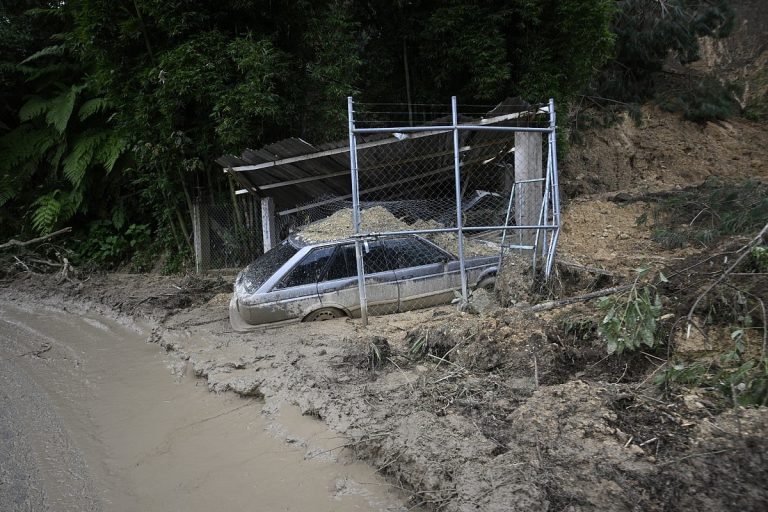Admiral Alvin Holsey to Retire from U.S. Southern Command
The U.S. military is set to see a leadership change as Admiral Alvin Holsey, who has been at the helm of Southern Command, announces his retirement scheduled for December. His departure comes shortly after a series of military strikes targeting suspected drug trafficking operations in the Caribbean, highlighting ongoing tensions in the region.
Admiral Holsey’s Tenure and Recent Military Actions
Adm. Holsey took command of U.S. Southern Command in November 2023, overseeing military operations in the Caribbean and parts of South America. His tenure, which typically lasts three to four years, has been marked by a significant increase in military engagement against alleged drug traffickers. Just two days prior to his retirement announcement, the U.S. military conducted its fifth strike against a small vessel suspected of drug smuggling.
The Trump administration’s approach has categorized these alleged traffickers as unlawful combatants, justifying military action against them. This strategy has sparked considerable debate in Congress, with some Republican lawmakers demanding clarity on the legal basis for these strikes, while Democrats argue that such actions may violate both U.S. and international law.
Holsey’s Reflections and Future Plans
In a statement shared on the command’s social media, Holsey expressed pride in his service, stating, “It’s been an honor to serve our nation, the American people, and support and defend our Constitution for over 37 years.” He emphasized the contributions of the Southern Command team to national defense and expressed confidence in their continued commitment to the mission.
Defense Secretary Pete Hegseth publicly acknowledged Holsey’s service, thanking him for his dedication and wishing him well in his future endeavors. Hegseth highlighted Holsey’s steadfast commitment to the mission and the people he served alongside.
Ongoing Military Operations and Congressional Response
The Pentagon has not provided additional details regarding Holsey’s retirement or the ongoing military operations in the Caribbean. However, the recent strikes have intensified discussions on Capitol Hill regarding the U.S. military’s role in combating drug trafficking and the legal implications of such actions.
FAQs
Why is Admiral Holsey retiring now?
Admiral Holsey is retiring after a brief tenure that began in November 2023, following a series of military strikes against suspected drug traffickers in the Caribbean.
What has been the reaction to the military strikes?
The military strikes have drawn mixed reactions in Congress, with some Republicans seeking more information on the legal justifications, while Democrats argue that the strikes may violate U.S. and international law.
What is U.S. Southern Command’s primary mission?
U.S. Southern Command’s primary mission is to conduct military operations and support national security objectives in the Caribbean and South America, including combating drug trafficking and enhancing regional security.
Conclusion
Admiral Alvin Holsey’s retirement marks a significant transition for U.S. Southern Command amid ongoing military operations in the Caribbean. As debates continue in Congress regarding the legality and strategy of these strikes, the command will need to navigate the complexities of regional security and drug trafficking in the coming months.
Admiral Holsey’s retirement comes at a critical time for U.S. Southern Command, which has been increasingly involved in counter-narcotics operations in response to the rising influence of drug cartels in the region. The command’s focus on these operations reflects broader U.S. national security interests, particularly as drug trafficking has been linked to violence and instability in Central and South America. The ongoing efforts aim to disrupt the supply chains of illicit drugs entering the United States, which remains a significant public health and safety concern.
As Admiral Holsey prepares to step down, the leadership transition will likely influence the command’s strategic priorities. The incoming commander will face the challenge of balancing military engagement with diplomatic efforts to address the root causes of drug trafficking and regional instability. This includes fostering partnerships with Latin American nations, which are essential for effective counter-narcotics operations and enhancing overall security cooperation in the hemisphere. The new leadership will also need to address the legal and ethical implications of military actions, ensuring compliance with both domestic and international laws while pursuing U.S. interests in the region.
Also Read:
US Military Increases Forces Near Venezuela Amid Tensions
Trump Warns Hamas Amid Escalating Gaza Violence
Understanding Dogs’ Toy Obsession and Its Implications







